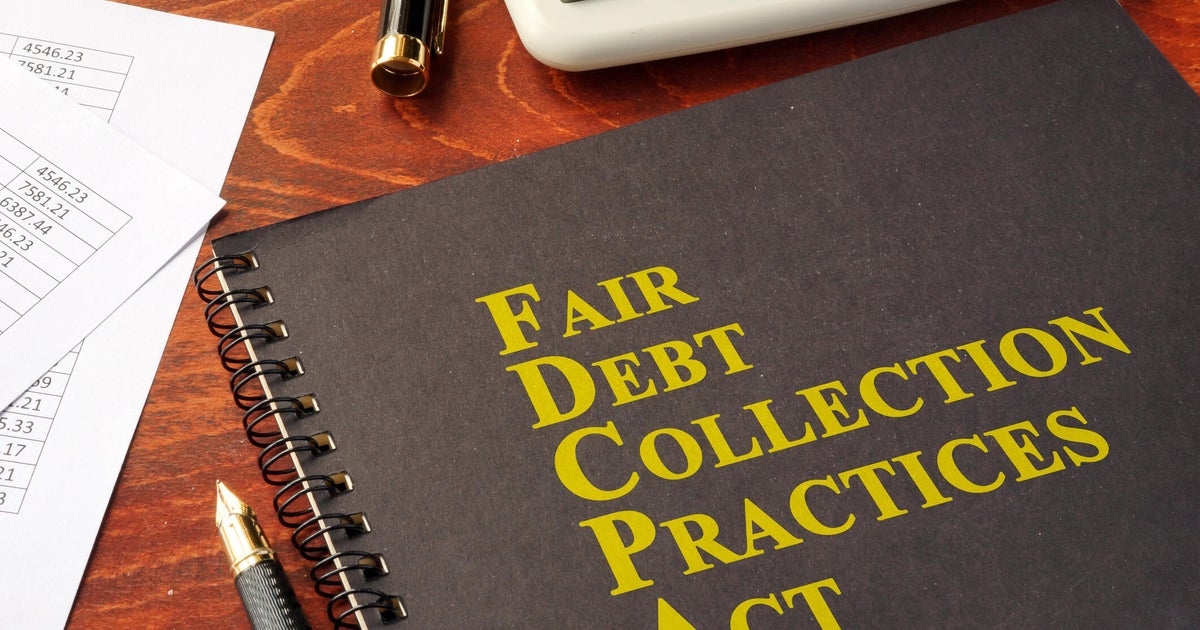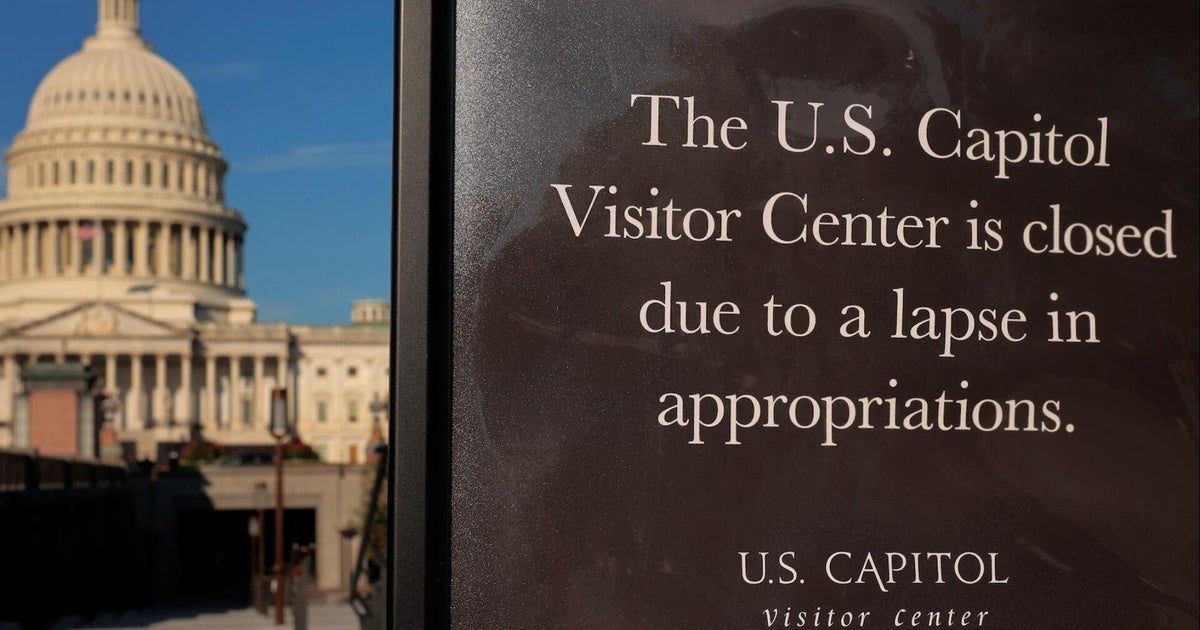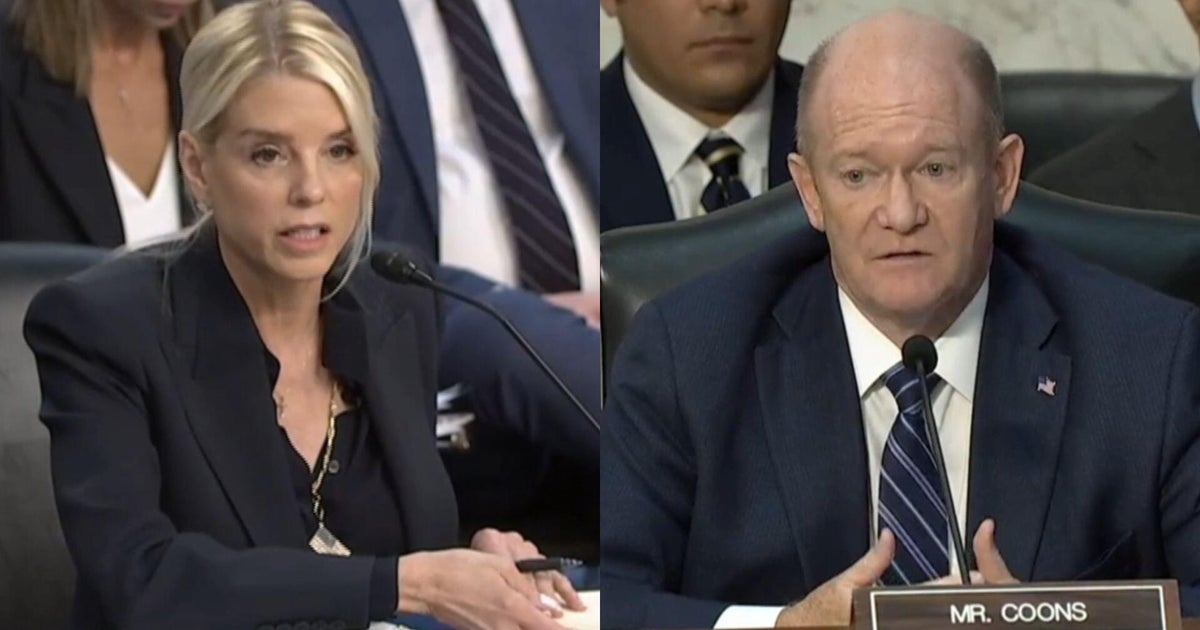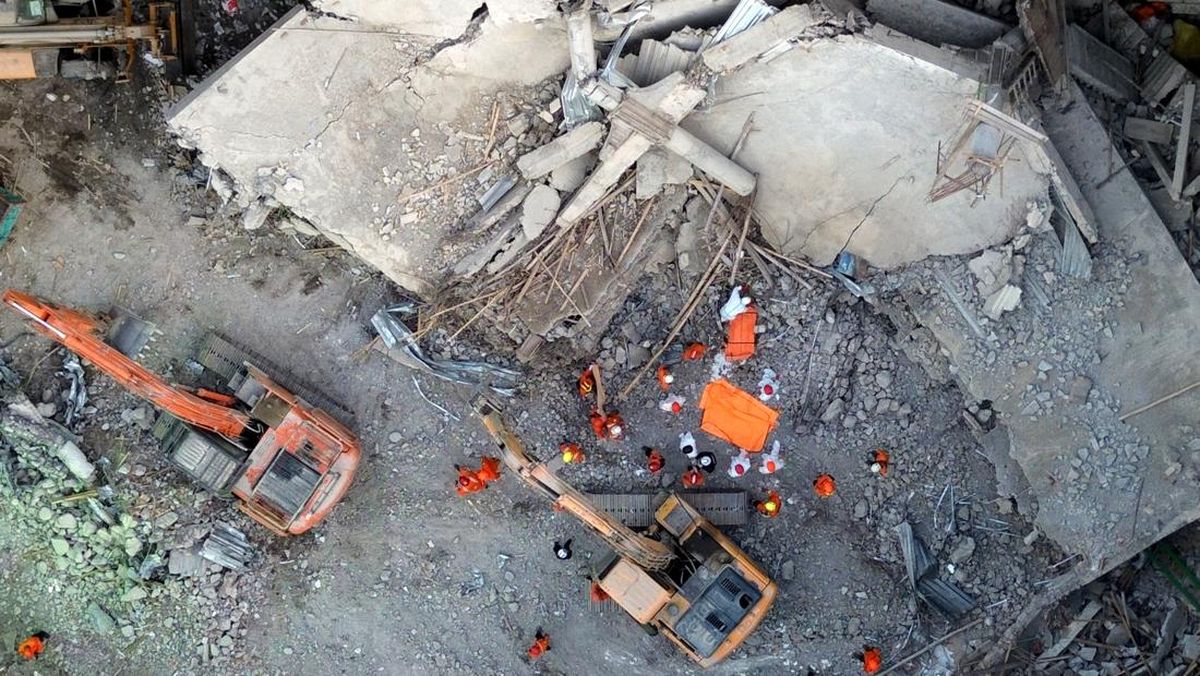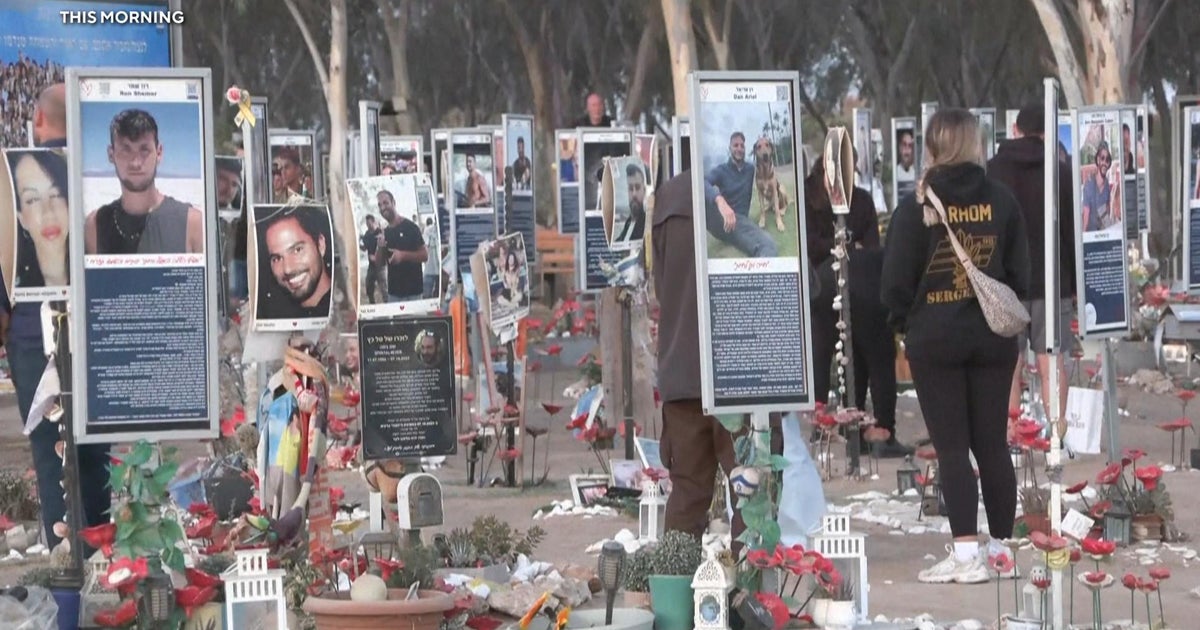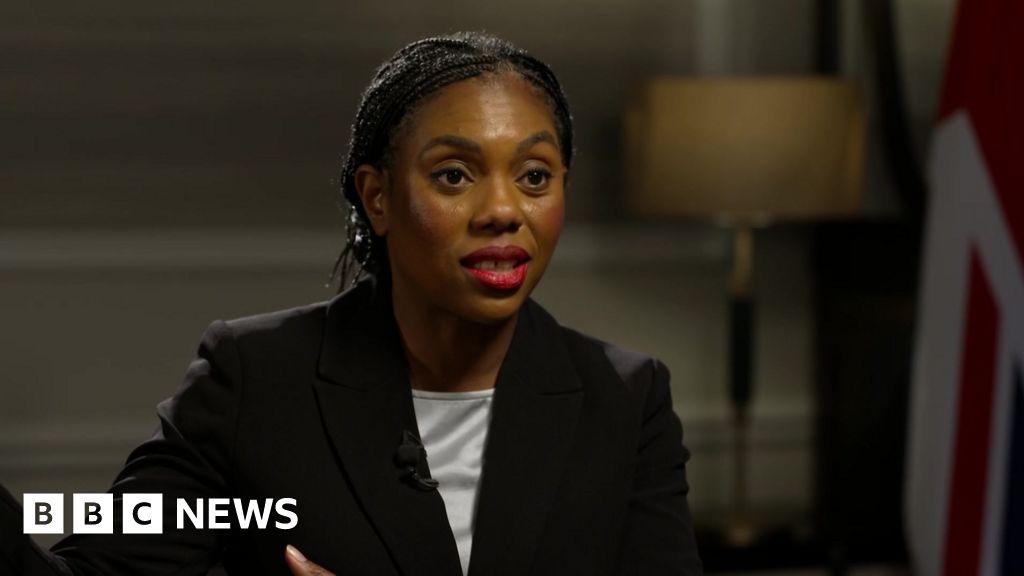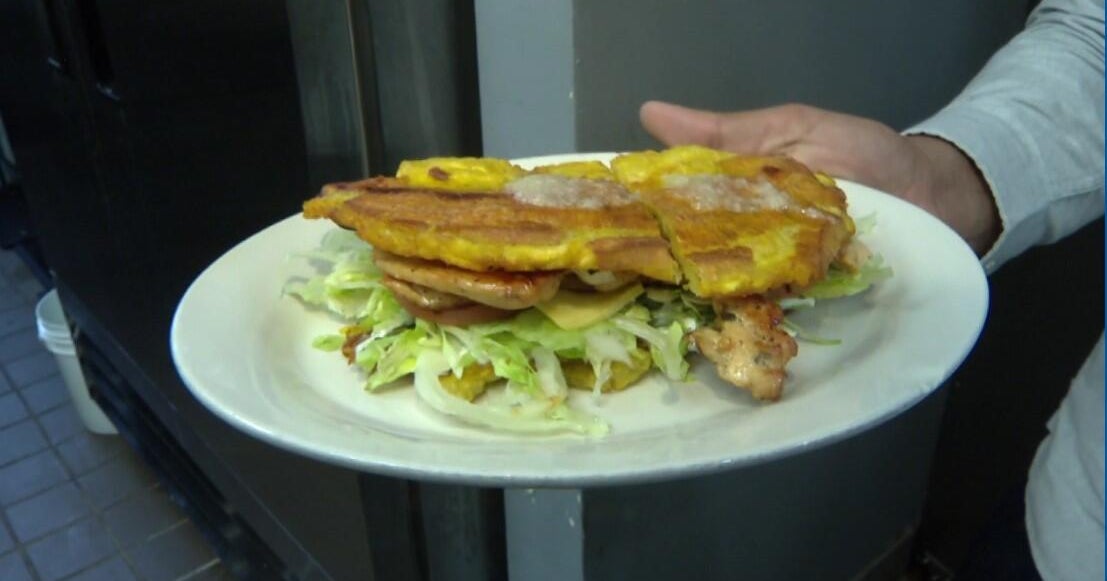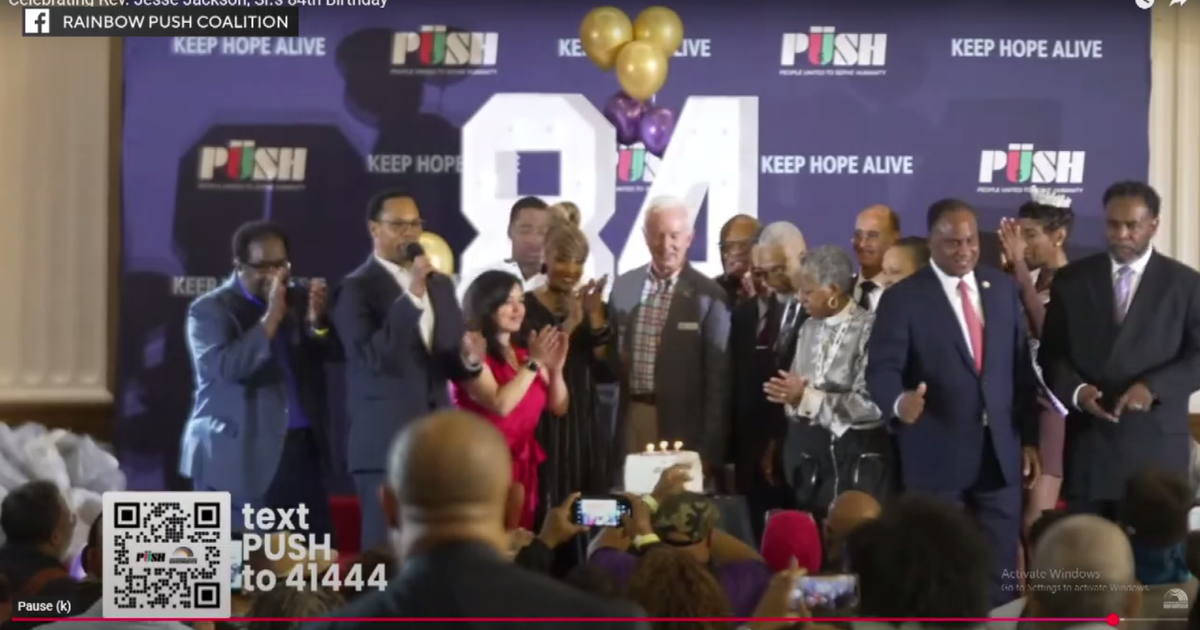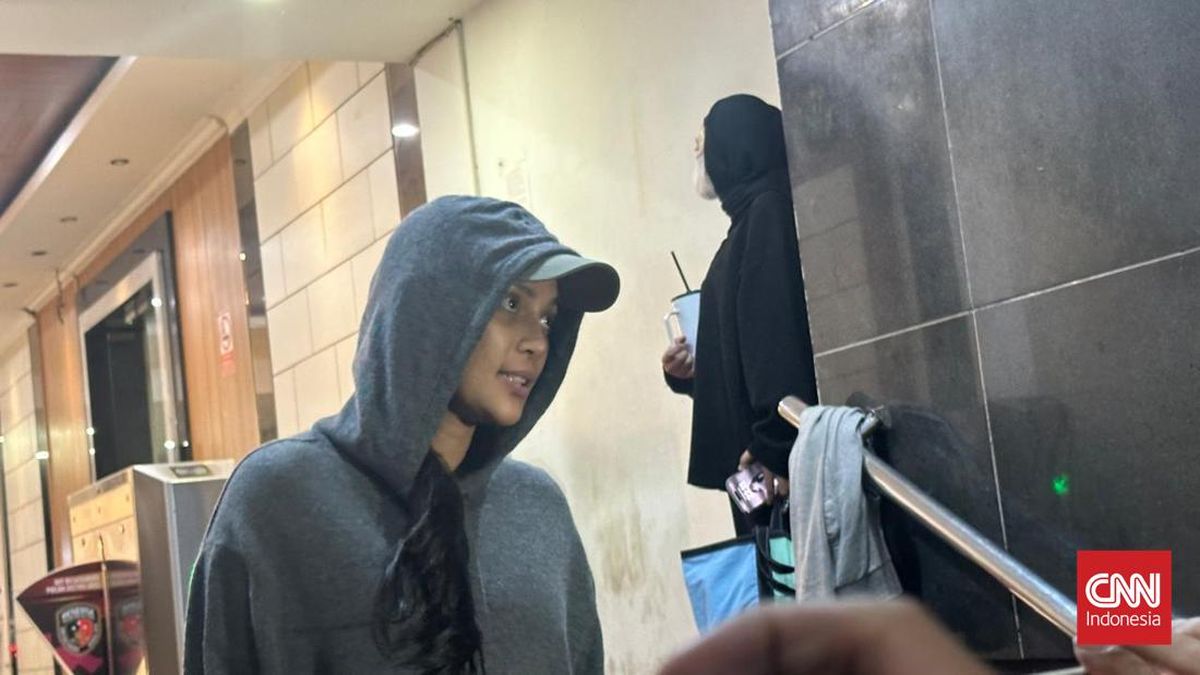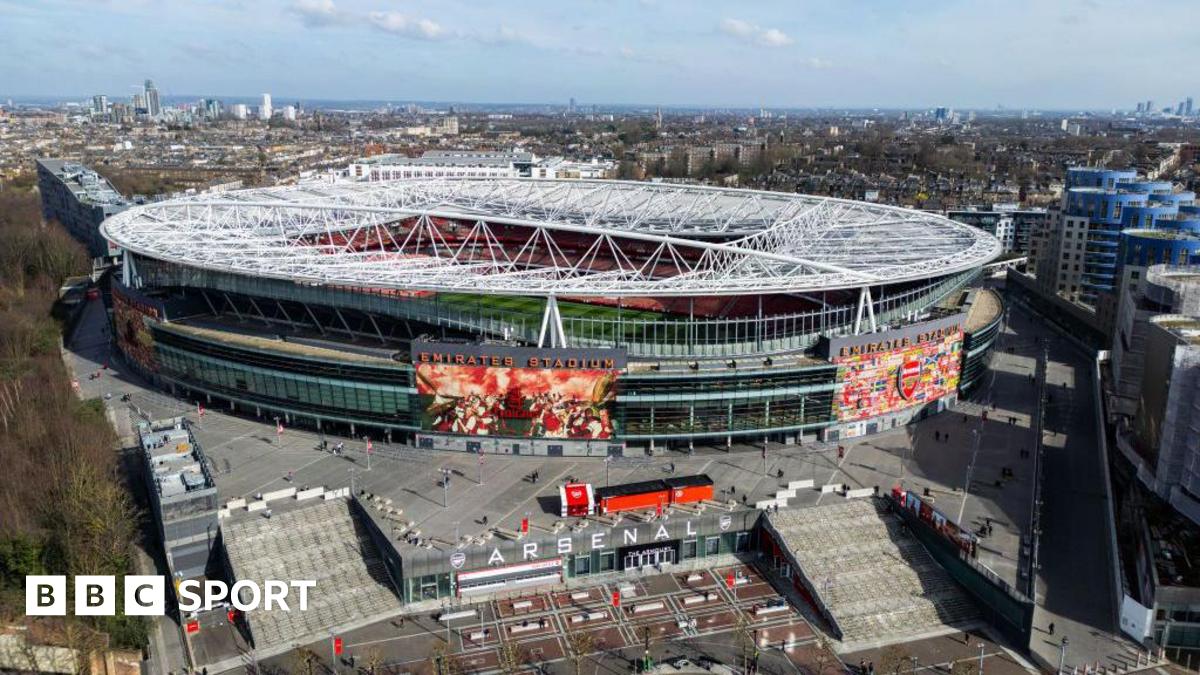Catley said she couldn’t comment on how much the government was expecting to pay out to the additional 2999 group members, or whether the government would work toward a settlement.
“We are still working through the judgment and will obviously proceed accordingly,” she said.
Commissioner Lanyon also apologised.“What has been reported is outside our policy and practice. We’ve made significant strides forward in terms of policy, practice and education,” he said.

A file image of police at the Field Day Festival in Sydney.Credit: James Alcock
Lanyon said both strip-searching and drug sniffer dogs were “valid tools” used by police at music festivals.
“A lot of focus is on drugs and people possessing drugs, but one of the main reasons we strip search is for weapons,” he said.
Lanyon said police policy and practice had changed “significantly”, with a focus on those supplying drugs.
“We are focusing on making sure that we do it appropriately, we do it with dignity, and we do it to make sure that we keep the community safe,” he said.
“We have seen the terrible toll that drugs take at music festivals. We’ve seen young lives lost, and I think it’s really important that we do have sniffer dogs as a tool.”
On Tuesday, the NSW government announced the Knockout Outdoor music festival, which will take place this Saturday at Sydney Olympic Park, would be the fourth major event to host an onsite drug checking service, as part as a 12-month trial to evaluate harm reduction measures.
Lanyon said the police would work closely with health and ensure drug detection dogs don’t interfere with the drug checking service.
‘A lot of focus is on drugs and people possessing drugs, but one of the main reasons we strip search is for weapons.’
Police Commissioner Mal LanyonThe class action is led by Redfern Legal Centre and Slater and Gordon Lawyers. The claims of individual members have yet to be determined and the lawyers acting for group members have urged the state to reach a settlement.
The figure awarded to Meredith included $43,000 in compensatory damages for assault, battery and false imprisonment, and $50,000 in aggravated damages.
Loading
The class action was launched in 2022. The state of NSW belatedly conceded this year that the strip-search of Meredith was unlawful because it did not satisfy the requirements in the NSW Law Enforcement (Powers and Responsibilities) Act (LEPRA).
Yehia said in her decision that the absence of an apology after that concession was “confounding”.
“In circumstances where the defendant has accepted that the strip search was unlawful, the absence of an apology is akin to an ‘own goal’,” the judge said.
Yehia said Meredith was also entitled to exemplary damages, a form of punitive damages, but this figure has not yet been quantified.
In written reasons, released on Wednesday, the judge said the evidence “does not support a finding that it was objectively reasonably necessary to visually inspect the plaintiff’s breasts and genital area”, or to “believe that it was necessary ... that the plaintiff pull down her top or remove her underpants and shorts”.
Yehia said the contention by the state that the conduct was not egregious “fails to appreciate the particular state of vulnerability of the plaintiff and the degree of humiliation, fear, and distress that she experienced”.

A file image of police at the Listen Out festival at Sydney’s Centennial Park.Credit: Dean Sewell
“That conduct took place in circumstances where the searching police did not have reasonable grounds to suspect that the plaintiff was in possession of an illicit substance,” Yehia said.
The judge said the evidence revealed “a significant increase in the number of strip searches of attendees at music festivals in NSW between 2014 and 2018”, from 2,952 searches in 2014, where a drug was found in 744 cases, to 5,526 in 2018, where a drug was found in 1,553 cases.
Yedia said “the irresistible inference” is that the officers in Meredith’s case proceeded on the basis the search was justified because a police sniffer dog “made an indication” towards her.
“That conclusion was entirely wrong,” the judge said.
LEPRA says a strip-search may be carried out when an officer “suspects on reasonable grounds that the strip-search is necessary for the purposes of the search and … the seriousness and urgency of the circumstances” make it necessary. Yehia found those preconditions were not satisfied.
She noted the number of strip-searches carried out at Splendour in the Grass in 2019 dropped by nearly 90 per cent compared with the previous year. Yehia was satisfied improvements had been made by the force after 2018.
The parties return to court on October 31.



